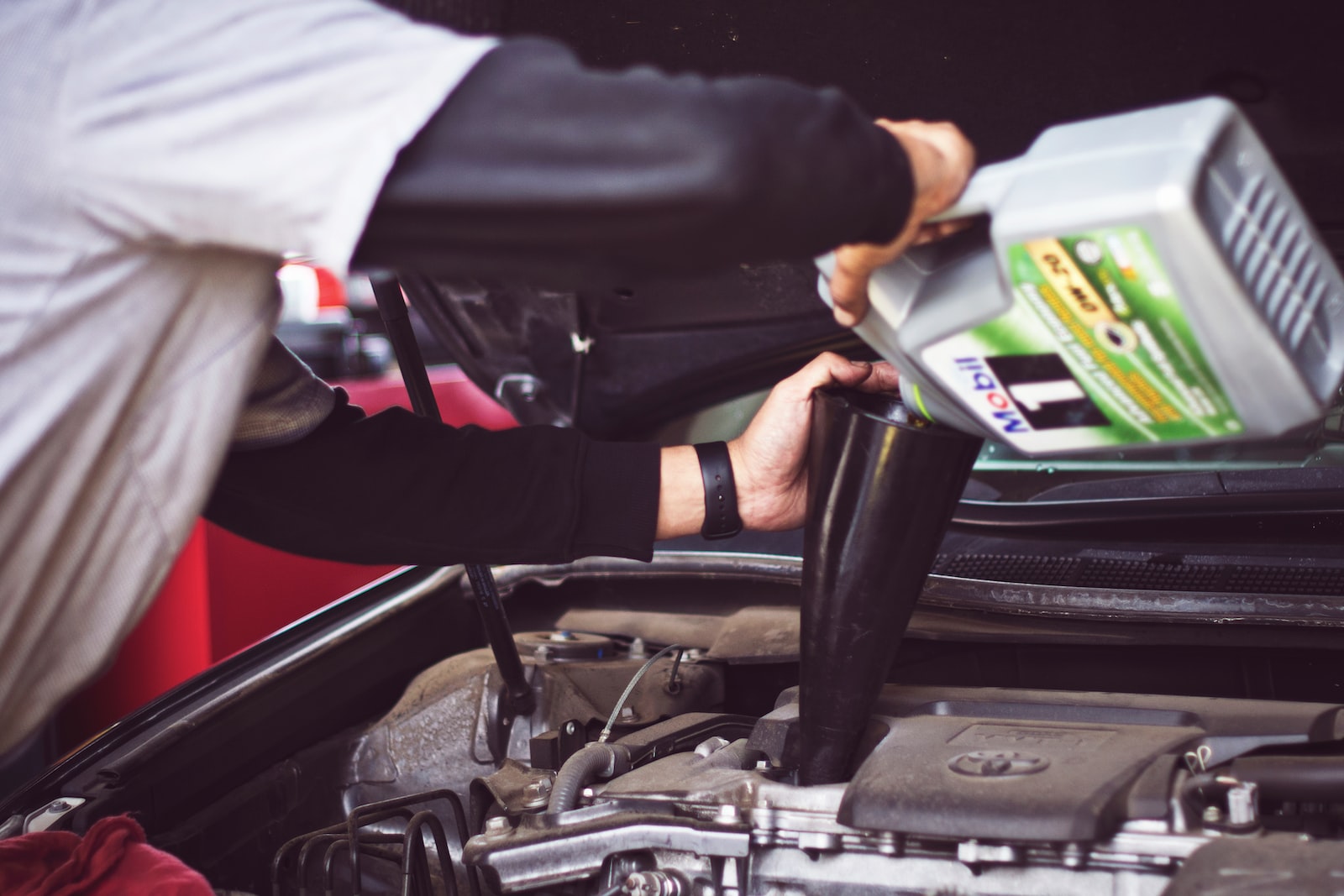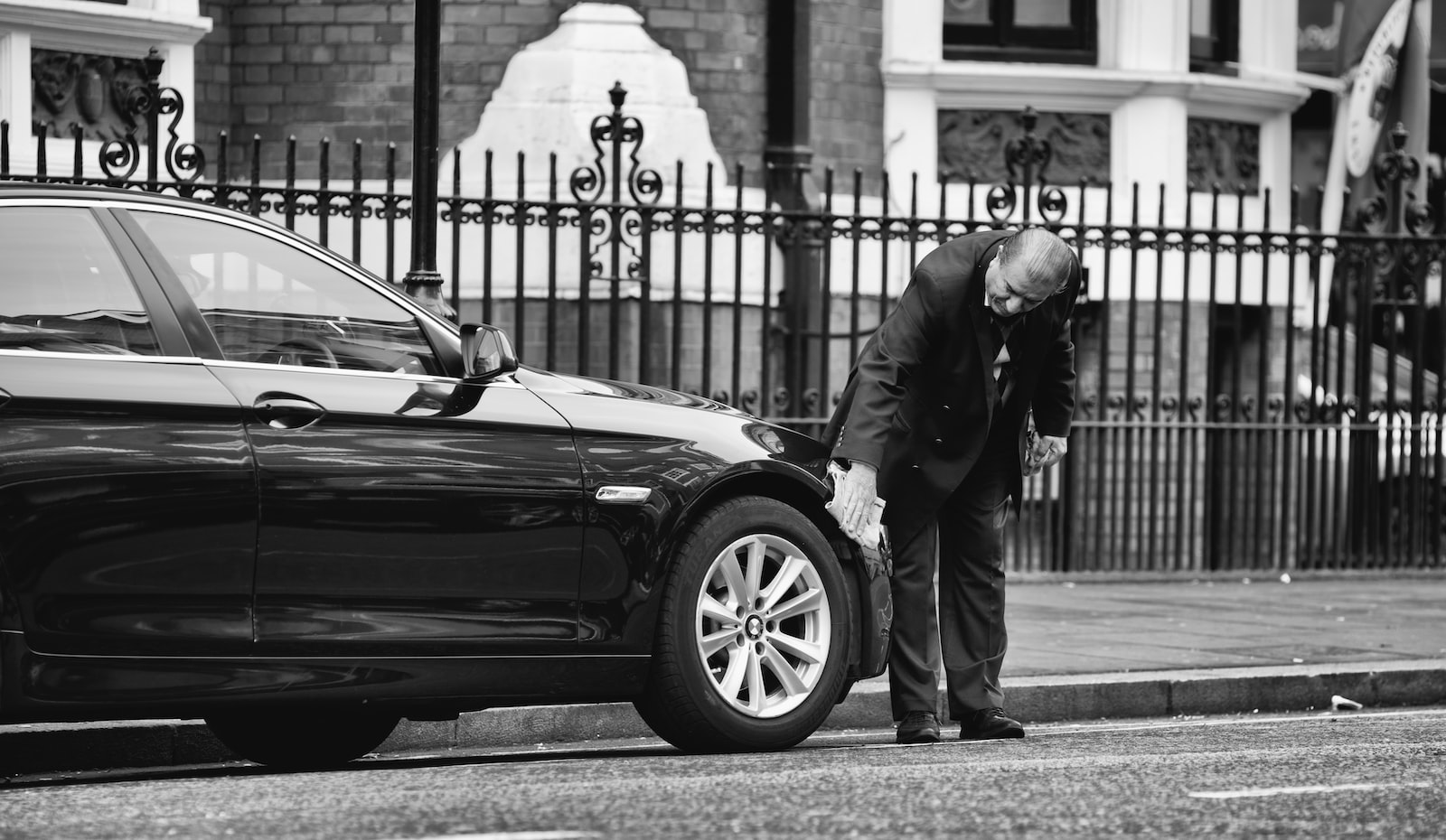To determine if you will file claims, an insurance company conducts a risk assessment when you apply for car insurance. An insurance company considers many factors when assessing your liability quotient. These include your age, gender, and driving record. High-risk clients are those with traffic violations or accidents on their record. This means they are more likely than others to file a claim. It can also cost the insurance company money.
High premiums are a result of “high risk.” Insurance companies charge drivers who have had any accidents or violations on their records more often than those who are applying for new policies. Even if you didn’t cause the accident or receive a ticket, it is possible to have your rates raised or even lose all coverage.
Some car insurance companies will take a chance on drivers who have been convicted of a crime or have their car totaled. To find the best coverage, we recently compared all of the available insurance options for high-risk drivers. We compiled this data and searched for the best rates and insurance options that would allow us to overlook a driver’s history and give them another chance. We ranked the following insurance options as the best for high-risk drivers based on our research.
What is high-risk auto insurance?
Certain drivers and cars are more at risk than others. Their car insurance premiums reflect this high risk.
Your driving record determines if you need high-risk car insurance. High-risk auto insurance may be required if you have been convicted of driving under the influence (DUI) or have multiple convictions such as speeding tickets.
Who are at-risk drivers?
An underlying DUI conviction, your age, credit score, and lapses in coverage can all impact your risk profile and affect the price of your auto insurance policy.
These are the most dangerous high-risk factors.
- DUI offense
- Multiple tickets
- Young or first-time drivers
- Insurance coverage lapse
- Poor credit
- Other serious driving offenses
The amount you will pay for being an at-risk driver will vary, but the more factors you have, the higher your rates. The highest rates are for drivers under 25 who have been convicted of a driving offense. While driver’s license points are not used in all states, many high-risk driving factors will also add points to your license.
DUI offense
Your premiums may rise if you are convicted of driving while impaired. Your insurer might need to file an SR-22 form for you once your license is back. This document confirms that you have auto insurance that meets the minimum state requirements. The SR-22 form may be required to be kept on file for several years. During this time, you will pay higher rates if you are a high-risk driver.
Multiple tickets
Although a single speeding ticket won’t put you at high-risk, multiple violations or tickets for driving faster than the posted speed limit will, this could make it difficult to find an affordable rate.
Young or first-time drivers
Research shows that young drivers have a higher risk of getting into an accident and driving recklessly. Therefore, insurance companies adjust their premiums accordingly.
No matter their age, new drivers are subject to higher insurance rates than older drivers who have been in the business for longer periods of time. This rule can be circumvented by asking a more experienced driver if they will add you to their policy. This will ensure that your premiums are lower than if it were you who did everything yourself.
Insurance coverage gaps
If you allow your insurance to lapse by canceling your policy or failing to pay your premium, your premiums will increase once you apply again. Because a lapsed policy indicates to insurance companies that you might not be financially reliable, premiums will rise once you reapply. Your premiums will decrease over time if you can prove to your insurance company that you are a responsible driver. It may take up to six months for your policy premiums to decrease.
Poor credit
High-risk drivers are those with poor credit records. Insurance companies have made millions of investments in insurance policies. To reduce their risk, they are willing to insure those who are less likely than others to file claims.
Insurance companies have discovered that checking your credit history can be a quick and simple way to estimate the probability that you will file for a claim. There are some insurance companies that won’t require credit checks, but you will need to shop around. Some states prohibit insurers from using credit history in calculating rates.
Other serious driving offenses
DUI is just one example of a serious driving offense. Insurance premiums could also rise if there are any other serious driving violations, such as hit-and-run, road rage, or reckless driving. However, higher insurance premiums are not the only thing you should be concerned about. Some of these moving violations could be felonies and could lead to jail time.
How do I determine if my policy is high-risk?
Car insurance providers may refuse to offer you a policy or charge you an unusually high price if you are deemed high-risk.
It’s impossible to know why exactly, but there are good chances that any of these could be the cause.
- Have a history of motoring offenses. Insurance providers could be concerned if points are added to your license. This could increase your risk if you have a lot of points or have accrued them quickly.
- If you have ever lost your license, you will be in the high-risk category.
- Other convictions. Criminal convictions will be considered a high-risk element.
- If you have a claim history, it will be flagged by insurance companies. It doesn’t matter if they were your fault.
- You’re currently settling an insurance claim. The more recent your insurance claim, the higher the risk you will be.
- If you haven’t driven for a while, then you will be considered high-risk.
Could my car place me in the high-risk car insurance category?
If the vehicle you insure is considered to be high-risk, it could mean that you are at higher risk for an accident, is more difficult to fix, or is more attractive to thieves. You could be considered high risk if your vehicle is:
- Modified If you have modified the engine or transmission or added wheels to your car. Modifications may increase or decrease the car’s value or make it more costly to repair. These modifications could make your car more appealing to thieves. You could also be considered riskier if your car is modified to accelerate. If you make modifications to your vehicle, inform your insurance provider.
- High performance There is no one definition of a high-performance car. You could choose a supercar, a hot-hatch, or even a high-end saloon (SUV) or sports utility vehicle. The make and model of your vehicle will determine the premiums. These premiums can be higher or lower depending on how big your engine is, the number of cylinders, top speed, acceleration, and so forth.
- Unusual: For instance, if your vehicle only has three wheels, it could be considered high-risk.
- High-value – Insurance providers may view expensive cars as high-risk.
- Classic You may need specialist insurance to cover a more valuable classic car. However, classic cars are often cheaper than regular cars as they are less frequently driven.
- It is easier to steal – The anti-theft device in your car can make all the difference in your insurance premiums. You may be considered high-risk if your security system is not up to date or easily compromised.
- Imported It can be difficult to determine the level of risk an imported car poses to insurance companies. They may also be more costly to repair as parts might be hard to find.
- Kit car – Specialist cover is often required for these unique, custom-built vehicles.
For convicted drivers, high-risk insurance
If you have any driving convictions, such as:
- Drink driving
- Driving under the influence of drugs
- Driving without insurance
- Accelerating
- Convictions are those convictions that have resulted in your disqualification after you have received 12 or more points within the last three years. Your license will be revoked for new drivers if six points or more are accumulated within 24 months after passing your test.
Are high-risk drivers required to have a specialist policy?
You may be eligible for standard insurance coverage depending on your circumstances and the vehicle you wish to insure.
Specialist insurance providers can also be found that will cover cars of all kinds, as well as personal situations such as convicted drivers. Compare the Market to find the best car insurance prices and policies.




